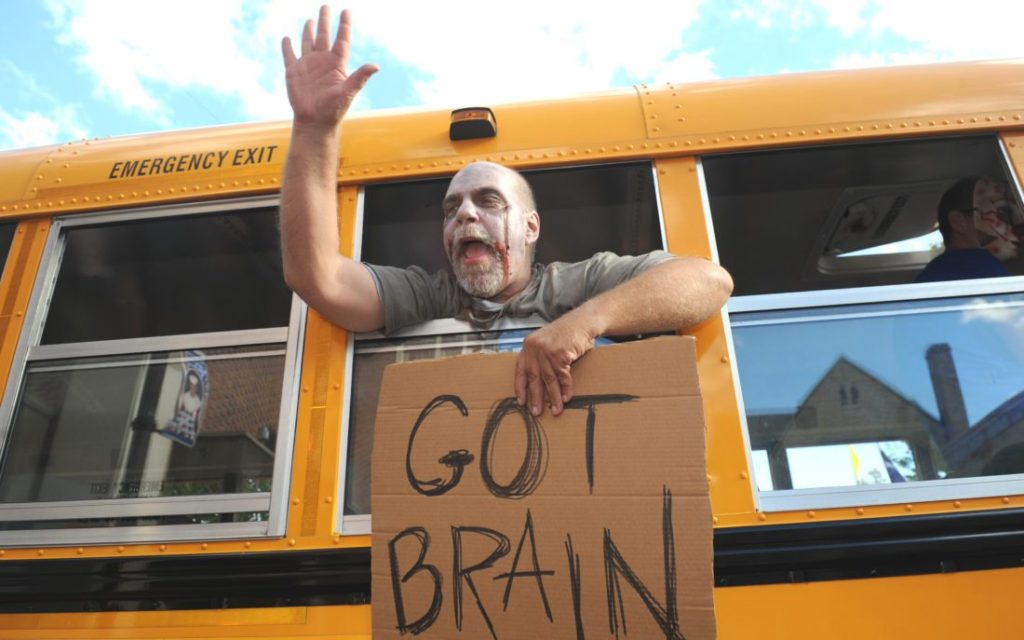NPE Indianapolis: “We Are Winning!”
Diane Ravitch opened the fifth Network for Public Education (NPE) conference stating, “We are the resistance and we are winning!” She noted that “reformers” were envious of our domination of social media. When they hired mercenaries to staff their own multimillion dollar web-publications to counter us; they failed. We still dominate social media.
Ravitch listed a long string of victories including:
Leonie Haimson and her Class Sizes Matters organization successfully fought Bill Gates’ $100,000,000 Inbloom data base project that would have abrogated the privacy rights of countless children and their parents.
Jitu Brown led a thirty-two day hunger strike that saved the Walter Dyett high school, the only open enrollment high school in the Bronzeville community of Chicago.
Charter school growth has slowed significantly. Without the literally billions of dollars from “fauxlanthropists” and the federal government these often corrupt private businesses would have gone the way of the Edsel.
Diane concluded, “We’re winning. David is beating Goliath.”
Ravitch then introduced the famed Finish educator, Pasi Sahlberg, who coined the apt acronym for the worldwide school privatization phenomena by calling it the Global Education Reform Movement (GERM). Sahlberg began with stressing that what happens in the United States is extremely important because Continue reading: NPE Indianapolis: “We Are Winning!” | tultican
NPE Action - Political Endorsements - http://npeaction.org/ on @NPEaction
























